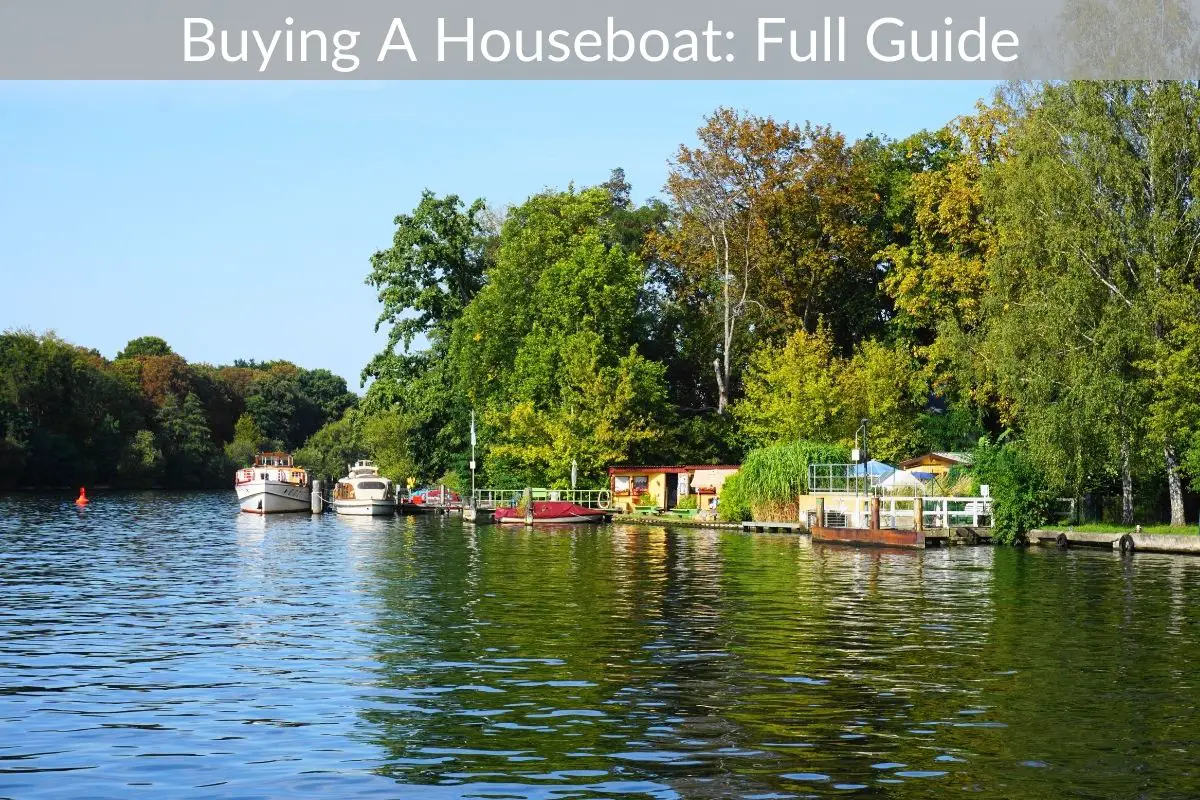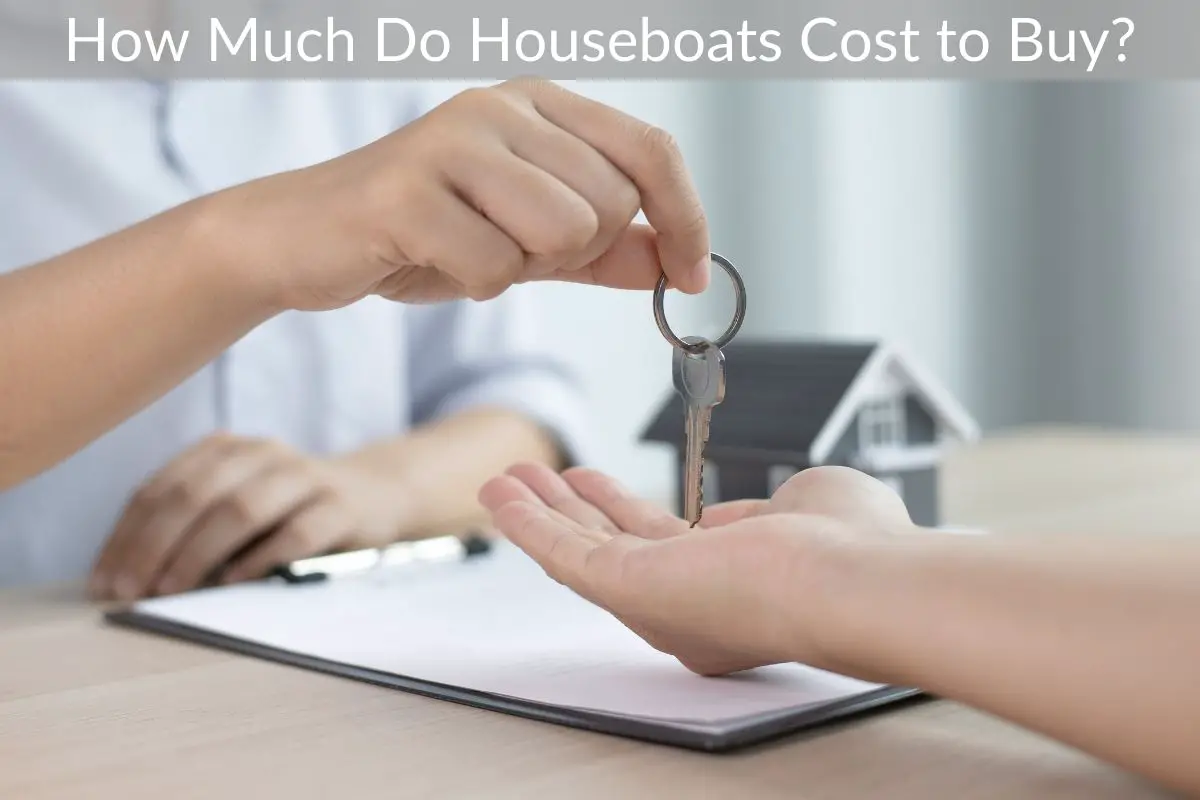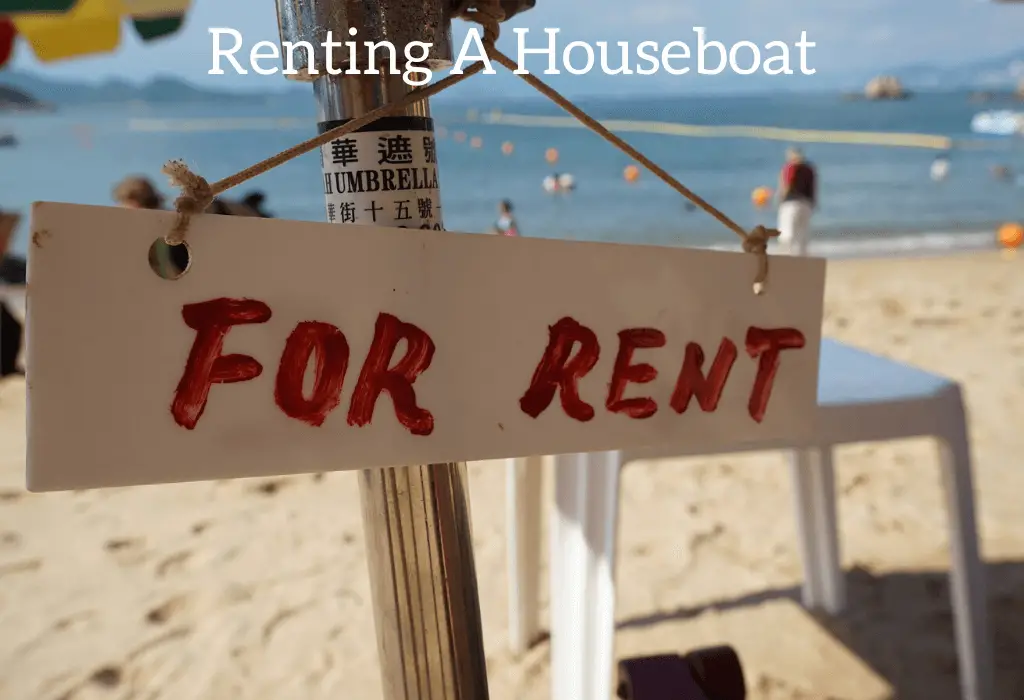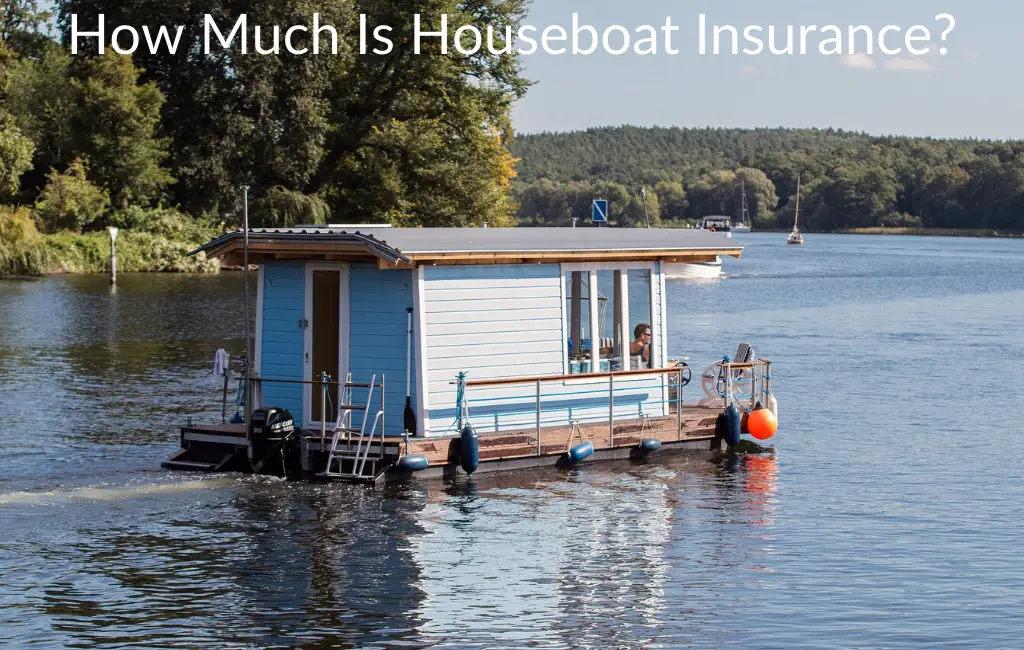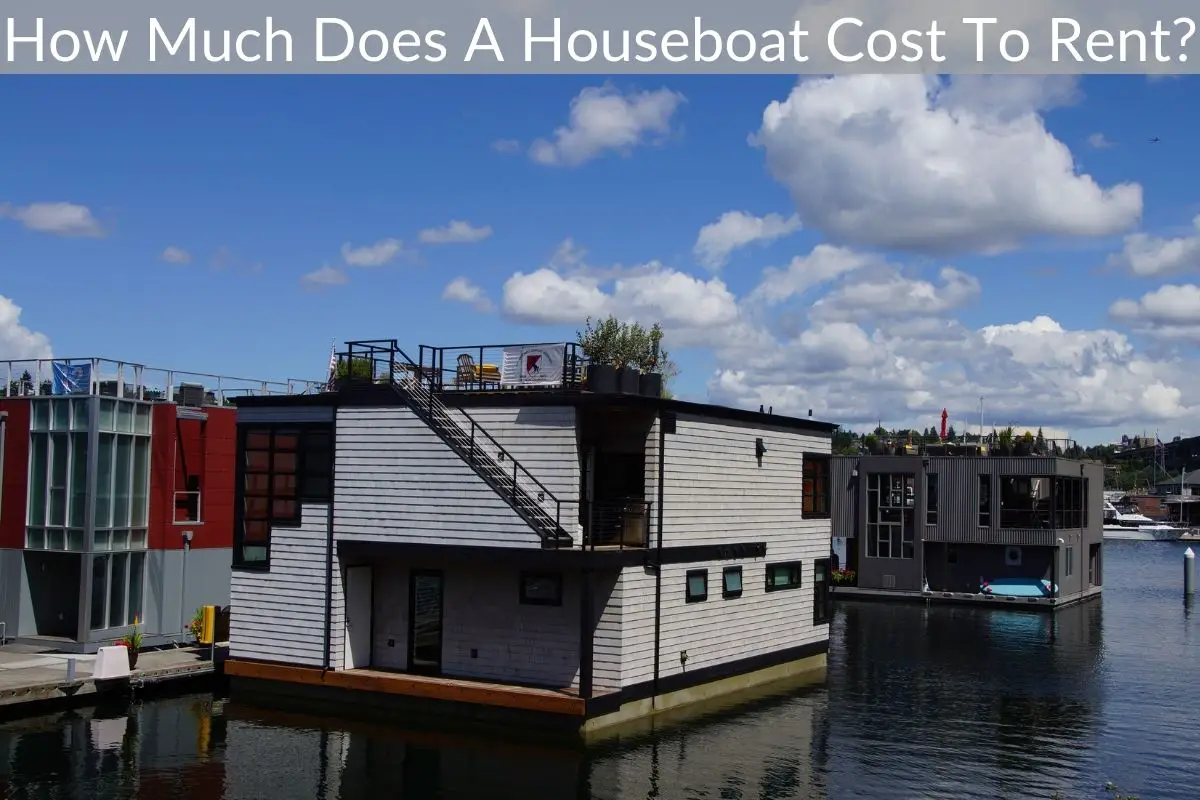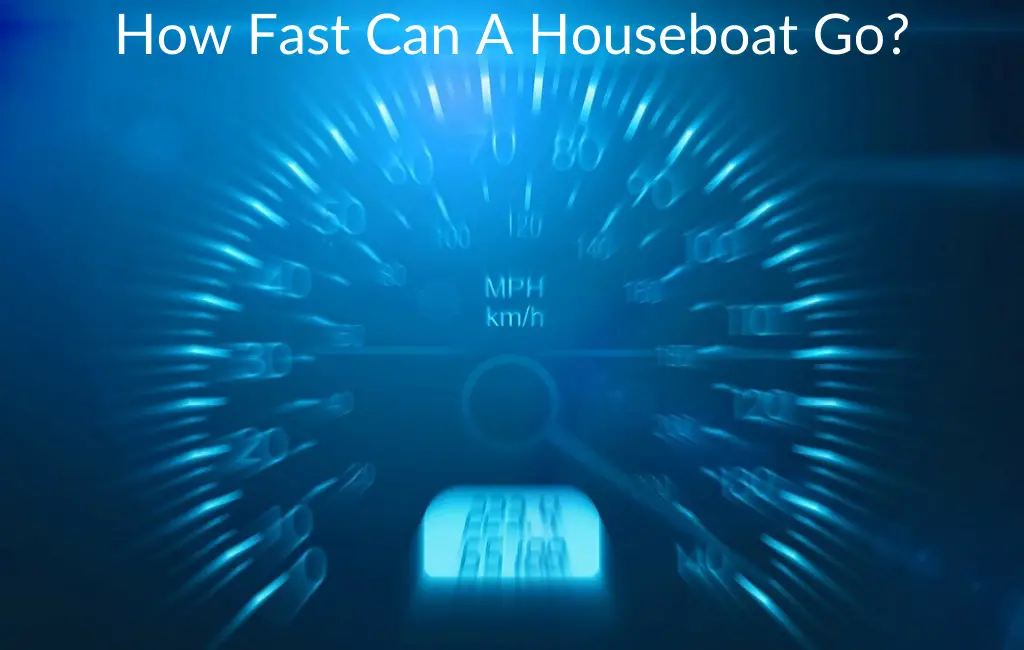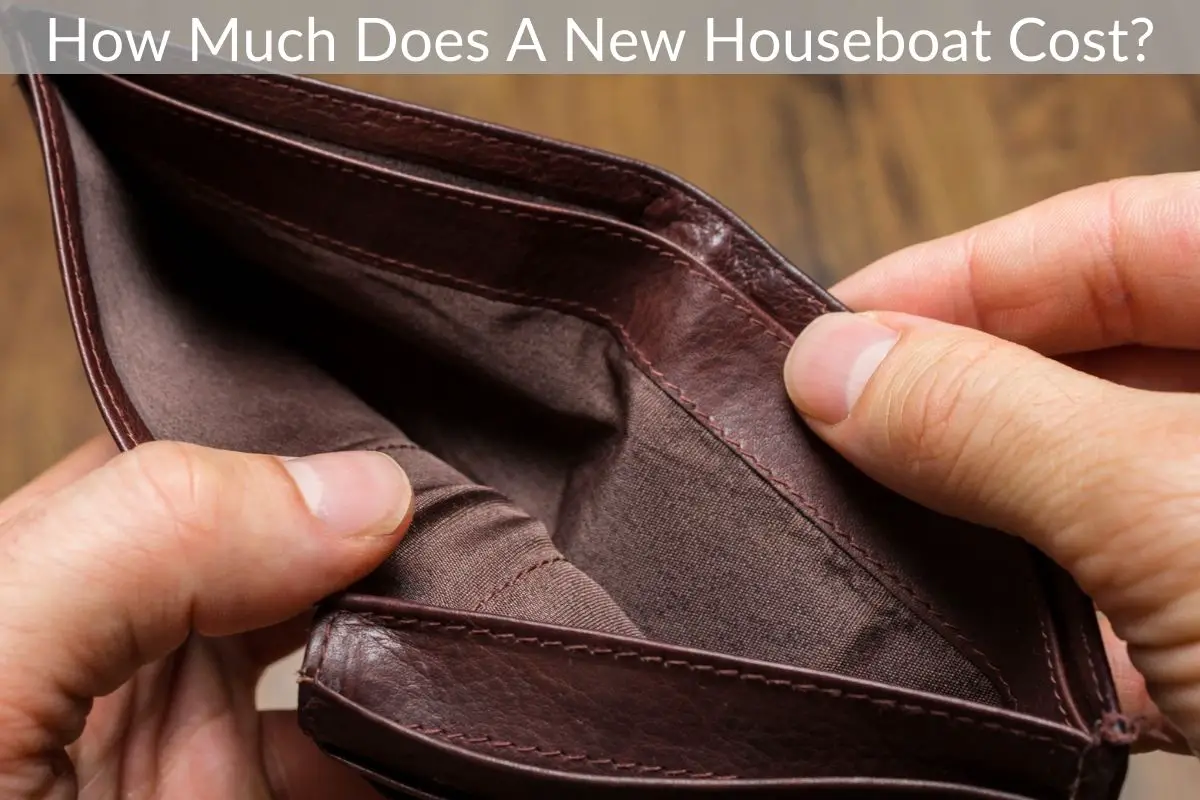Before you buy a houseboat, it is necessary to know what you’re getting yourself into. Floating homes aren’t for everyone, and the price tag could be higher than some land-based homes. This article covers many things that you should know before getting a houseboat from loans to etiquette.
*This post may contain affiliate links. As an Amazon Associate we earn from qualifying purchases.
Here, we’ll go over some of the most important things to consider before you buy a houseboat. Read on to find out more.
Floating Homes Aren’t For Everyone
Floating homes are popular in coastal cities like Seattle and Portland, but they are catching on all over the country. You can also find them on lakes. Purchasing one is similar to purchasing a regular home. A real estate agent will list them on their website and let you view them in person before making the purchase. Sometimes, homeowners decide to sell their homes and move them to different locations, which can add up to a significant amount of money.
Floating homes aren’t for everybody. Many people grow tired of hauling groceries and garbage down the ramp and walking it back up. Floating homes are often close to other homes, which requires good neighbors.
Because most moorages don’t have garages, you’ll have to share space with others. Floating homes are often parked 10 feet apart, which can be an inconvenience when you want some privacy or peace and quiet.
Floating homes require docks, which can be expensive. Floating homes can be rented or purchased with a water slip. They aren’t for everyone, however, and lenders may require a dive survey for the property before they can issue a loan. Floating homes are also expensive to maintain, as saltwater can damage float materials. But if you’re a nature lover, a floating home is the perfect choice. You won’t need to hire a gardener or spend your time maintaining the yard.
Floating homes are an unusual choice for many people. The only drawbacks are the cost and maintenance of floating homes. And they have low resale value. But for those who want to enjoy a comfortable summertime home and earn income, these homes can be an excellent financial decision. If you’re able to invest in a floating home, you can make it a long-term investment with minimal financial risk.
If you’re not sure if floating homes are for you, try renting one for two weeks and see if it fits your lifestyle. Typically, floating homes have limited space, so you may need to rent additional storage space. If you plan to spend a lot of time on the water, consider renting a houseboat-themed hotel instead. You’ll also have to pay higher property taxes than land-based homes.
Floating Home Loans
Considering a houseboat purchase? Then you should start by understanding the difference between houseboat financing and conventional mortgages. The major differences are the length of the loan and interest rate. Houseboats are stationary structures, not moving, but they do have a propulsion system. The loan term can vary greatly, from ten years to as short as two years.
While houseboat loans can be quite expensive, they are often more flexible than mortgages for conventional houses.
You can get a floating home loan with a traditional mortgage, although it’s not common. Floating home loans can be obtained through lenders who specialize in the floating home market. You can also ask for referrals from homeowners associations and real estate agents specializing in floating homes. Many of these people have access to a variety of different lenders, and they will be happy to point you in the right direction.
Floating home loans are more difficult to get because they can’t be sold to a land registry. Because of this, most traditional mortgage providers will not lend on floating homes. This means that you could potentially walk away with your investment. If you don’t mind paying a slightly higher interest rate, you can take out a marine mortgage from a specialist marine finance company. These loans require a higher deposit, but can offer great interest rates ranging from five to ten percent.
You can also use your home equity to finance your houseboat purchase. A floating home can cost anywhere from $100,000 to $1 million. A houseboat will cost less than a traditional house but you will need to pay for mooring fees, gasoline, mechanical upkeep, and sewage pumping. Although floating homes are often cheaper upfront than conventional houses, you’ll also need to pay more in fees and interest rates. A traditional bank loan may be the best option, but you should check with your local banks and mortgage brokers before applying for a floating home loan. Although marine loan brokers may provide better service, they may also charge higher interest rates.
While there are many lenders who offer houseboat loans, not all of them have flexible financing options for first-time homebuyers. In addition, houseboat loans are considered portfolio loans, which have stricter lending requirements. The amount of money you’ll need for a houseboat loan depends on the size and type of boat. Typically, down payments are at least twenty percent of the houseboat’s purchase price.
Floating Home Etiquette
Before buying a floating home, be sure to read some tips on buying a floating home. These tips will help you avoid the common mistakes that other houseboat owners make. First, if you plan to live on a houseboat, it’s essential to get acquainted with the community. Most water communities are small towns with familiar residents. Second, you should seek legal advice from an accountant or real estate lawyer to ensure your interests are protected.
Third, visit friends who live on a floating community or sign up for a tour of floating communities. One of the biggest mistakes people make is assuming that a floating home is the same as a houseboat. There are many differences between the two types of homes and there are many hidden costs. Floating homes are not houseboats, but they are an alternative way to live, and a lot of them are becoming increasingly popular.
Floating Home Size
One of the first things you should know about a floating home is its size. You can buy a houseboat in any size, but the floating mechanism should match its size. Houseboats are made using two basic principles: ponton and ship. The first one creates a flat platform above water, while the second uses a hollow concrete box that’s open on top. Whether you go with the first option or the second will depend on the size and style of your floating home.
Floating home communities tend to be small and friendly, which creates a cozy, close-knit community environment. A floating home’s decks are the perfect spot for wildlife viewing. And residents can enjoy water activities and water sports at their own leisure. Although these communities are small and intimate, many people are drawn to them because they have stunning views of water and nature. Choosing to buy a floating home is a great choice for those who love being outdoors but are wary of the hassles and expense of owning land-based properties.


